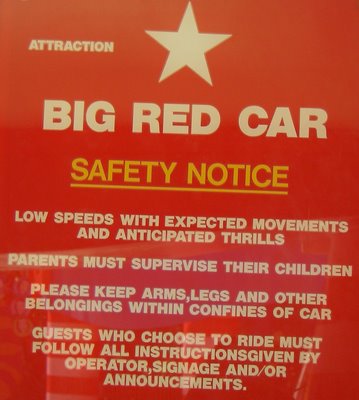
I spent an hour in the queue, so I had plenty of time to ponder about how we conceptualise and address our library users. I've worked in libraries where we've called them: users, "the public", patrons, "the professionals", borrowers and clients. Often it's determined by whatever the ILMS wants to call them. Does it matter? They are the entire reason we get paid, so it should do.
Here's my knee jerk reactions to some of the terms we use:
1) CLIENTS. We are providing a professional service and bound by professional ethics to serve them well. Implies a give them what they need approach. Reminds me of: architects.
2) CUSTOMERS. We need to serve them well because we are competing with others who provide the same service. Implies a more give them what they want approach. Reminds me of: supermarkets.
3) USERS. We provide products for use, and service is secondary. We are in charge of their experience - they use what we choose to provide. Reminds me of: software vendors.
4) PATRONS. They are in charge of what we do. We are there by their grace and they provide the means for us to serve them. Reminds me of: Medici family and Leonardo Da Vinci.
5) READERS. They are there only for one thing. They interact with the bookstock, not us. Reminds me of: bar code readers
6) BORROWERS. Also there for the books, not the service we provide. Reminds me of: neighbours who want a cup of sugar
7) THE PUBLIC. Includes everyone, but doesn't really posit any special relationship. Reminds me of: an opera diva's audience
8) THE PROFESSIONALS. I actually worked in a law firm where that's what we were supposed to call them. Seemed to imply that I wasn't also a professional. Reminds me of: real estate salespeople.
Library 2.0 is bringing more demands from THEM. They expect to be able to write to as well as read our web sites. They want to see what other works people borrowed at the same time as a specific book. They expect more personalised service, remotely and for longer hours. They want to bring in their own access devices and have them connect seamlessly to what we provide. Do the terms above fit them?
Maybe we could try: "collaborators" (WWII French Nazi supporters?), or "seekers" (buddhists or Quidditch players?), or "people" or "accessors" or "accessories" or.....
If we choose to call them guests, let's hope we're better hosts than the Wiggles. Having made it to the start of the queue and strapped ourselves into the Big Red Car, we had just reached the Wiggle's kitchen and were singing into our microphones "Fruit salad, yummy yummy", watching the cupboard doors grooving along as they opened and closed in time to the music, when we caught up to the car ahead. It had broken down. Wags the Dog ceased his descent down the slide into the lounge room mid-bark, the Wiggles disappeared from the giant video screens and we were asked to get out of the cars and walk back to the start of the ride.
Let's also hope that our "guests" have the initiative of the mum in the car in front, who reassured the children with "Wow! No-one else gets to actually WALK through the Wiggles' house, Aren't we lucky?".

3 comments:
Good post - what we call them influences how we treat them.
You can call me Deanne. :-) What about "members" - if you have to join a library, doesn't that make you a member? That makes me think of HBF but also libraries. I guess if I pop in off the street to use the photocopier or to stick a sign to the noticeboard, or to hear a talk, then I don't have to be a member but I still enjoy the services.
Yes, you're right, Deanne. There are some libraries that call them members. Call me smutty minded, butI'm afraid that holds connotations of male nether regions for me. YMMV
Post a Comment